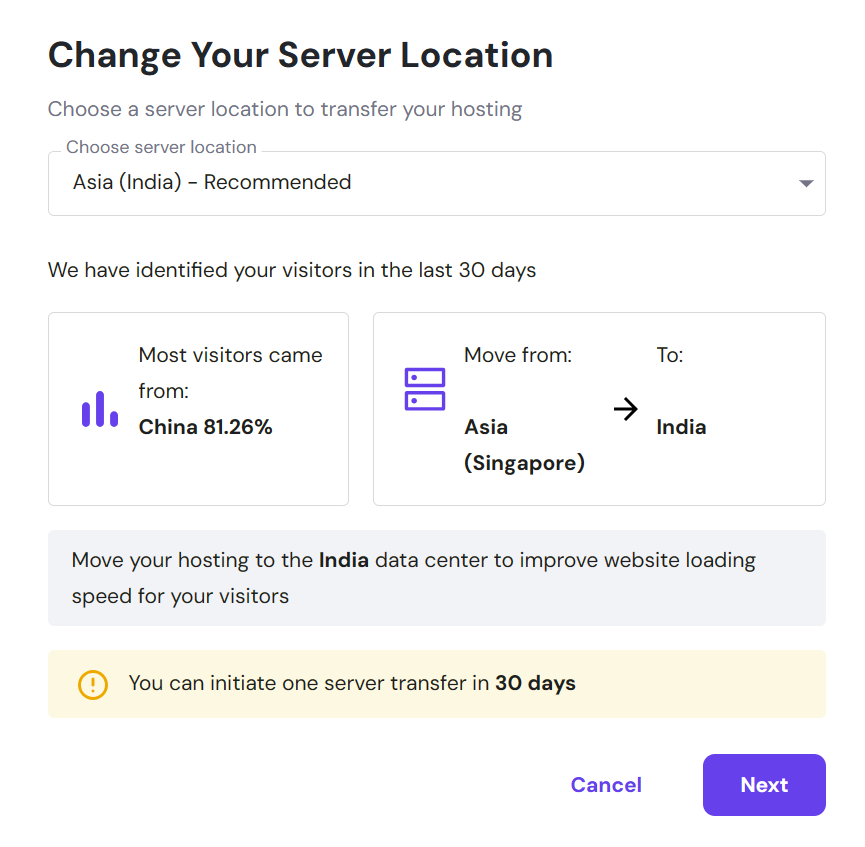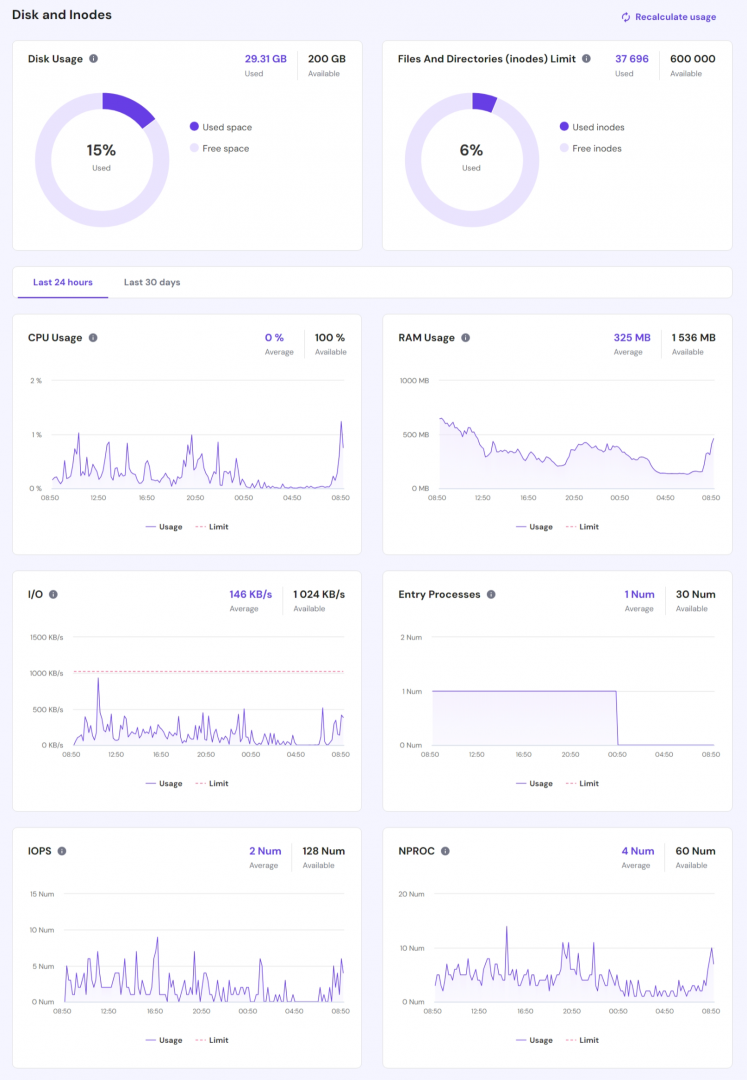
vsftpd是“very secure TTP daemon”的缩写,是一款在Linux发行版中最受推崇的ftp服务器程序,小巧轻快,安全易用,支持虚拟用户,支持带宽限制等功能,是一个完全免费的、开放源代码的ftp服务器软件。
一、在安装之前,请先对 Ubuntu 系统进行更新
sudo apt update && sudo apt upgrade二、使用Ubuntu 官方源进行安装
sudo apt install vsftpd -y安装完成后启动vsftpd
sudo systemctl start vsftpd将vsftpd设置为开机自启动
sudo systemctl enable vsftpd查看vsftpd的状态
sudo service --status-all打印出来的列表中有vsftpd,并且前面是[+]说明安装成功并已启动服务
三、配置vsftpd
创建一个ftp根目录
sudo mkdir /ftphome创建一个新用户并设置密码
sudo useradd -d /ftphome ftpuser
sudo passwd ftpuser修改ftp根目录的所有者
sudo chown ftpuser:ftpuser /ftphome -R创建一个用户列表文件
sudo vi /etc/vsftpd.chroot_list按 i 进入编辑模式,按一个用户名占据一行的方式把刚才创建的用户名填入,按 Esc 并输入 :wq 保存退出
编辑VSFTPD的配置文件
sudo vi /etc/vsftpd.conflisten=YES
#listen_ipv6=YES
write_enable=YES
chroot_local_user=YES
chroot_list_enable=YES
chroot_list_file=/etc/vsftpd.chroot_list主要设置内容按上面的设置,然后:wq保存并退出,重启vsftpd服务
sudo systemctl restart vsftpd四、测试
ftp localhost
Connected to localhost.
220 Welcome to blah FTP service.
Name (localhost:lighthouse): ftpa
331 Please specify the password.
Password:
230 Login successful.
Remote system type is UNIX.
Using binary mode to transfer files.
ftp> bye
221 Goodbye.看到Login successful.就说明登录成功了,bye退出ftp命令。
至此vsftpd就安装成功了,想要添加用户可以按上面相应的步骤添加。
服务器使用的是 腾讯云 的 轻量服务器,Ubuntu Server 20.04 LTS 64bit,2核4GB,60GBSSD,5Mbps。
一、在安装之前,请先对 Ubuntu 系统进行更新
sudo apt update && sudo apt upgrade二、使用Ubuntu 官方源进行安装
sudo apt install mysql-server -y三、安装成功后进入mysql控制台,使用系统root权限进入控制台不需要密码
lighthouse@VM-24-15-ubuntu:~$ sudo mysql
Welcome to the MySQL monitor. Commands end with ; or \g.
Your MySQL connection id is 10
Server version: 8.0.37-0ubuntu0.20.04.3 (Ubuntu)
Copyright (c) 2000, 2024, Oracle and/or its affiliates.
Oracle is a registered trademark of Oracle Corporation and/or its
affiliates. Other names may be trademarks of their respective
owners.
Type 'help;' or '\h' for help. Type '\c' to clear the current input statement.
mysql> 四、添加一个新的管理员用户
1、创建用户
mysql> create user 'manager'@'localhost' identified with mysql_native_password by '12345678';2、赋予权限
mysql> grant all on *.* to 'manager'@'localhost' with grant option;3、刷新权限
mysql> flush privileges;4、退出mysql
mysql> quit
Bye至此安装完成,可以使用phpMyAdmin等mysql管理软件使用新创建的用户登录进行管理操作了。
enjoy

吃粽子、看龙舟赛的日子到了!这一天,人们祈福辟邪、欢庆娱乐、分享美食。别忘了,看龙舟赛也是端午节重要的节庆民俗活动之一,早在中国古代战国时期就有了。赛龙舟表达了人们对美好生活的憧憬。
今天给大家展示的是厦门集美区的龙舟池,这里每年都会举行龙舟赛。龙船一般是狭长、细窄的木舟,船头饰龙头,船尾饰龙尾。龙头的颜色有红、黑、灰等色,均与龙灯之头相似,姿态不一。龙头一般以木雕成,加以彩绘(也有用纸扎、纱扎的)。这里的龙舟最多可坐18人,它们经过多次改装,更加适合比赛。如果您想观赏一场激动人心的传统龙舟赛,来这里是个不错的选择。

龙舟池日出,集美区,厦门,中国 (© outcast85/Getty images)

最近在项目中遇到一个需求,需要在一串给定的日期序列中找到给定的日期,如果没有找到相同的就返回与给定日期最接近的日期。
遍历整个数组自然是可以找到,但既然是有序数组当然可以用二分法了,下面上代码:
/**
* 二分法获取最接近给定日期的日期
* @param string $date 给定的日期
* @param array $dates 有序日期数组
* @return string
*/
protected function findClosest(string $date, array $dates): string
{
if (in_array($date, $dates)) {
return $date; // 存在指定值直接返回结果
} else {
if ($date > max($dates)) return max($dates); // 大于最大值直接返回最大值
if ($date < min($dates)) return min($dates); // 小于最小值直接返回最小值
// 找中点
$mid1 = ceil(count($dates) * .5 - 1);
$mid2 = $mid1 + 1;
if ($date > min($dates[$mid1], $dates[$mid2]) && $date < max($dates[$mid1], $dates[$mid2])) {
// 在中点之间,则比较差的绝对值找到最接近的值
$abs1 = abs($date - $dates[$mid1]);
$abs2 = abs($date - $dates[$mid2]);
return $abs1 < $abs2 ? $dates[$mid1] : max($dates[$mid2], $dates[$mid1]);
} else {
// 未在中点之间,判断所在区间并截短数组递归查找
$dates = $date > min($dates[0], $dates[$mid1]) && $date < max($dates[0], $dates[$mid1]) ?
array_splice($dates, 0, $mid1 + 1) :
array_splice($dates, $mid1 + 1);
return $this->findClosest($date, $dates);
}
}
}
如果是无序数组,可以考虑先排序,变为有序数组后再使用此方法。

最近,主力网站迁移到了Hostinger,年前做活动的时候入的,3.69刀/月,48个月送2个月,也就是177.12刀/50个月,差不多合26元rmb/月,已经算是很划算了。
选的 Business Plan ,Plan包含100个Website,200G存储空间,无限的带宽、SSL,100个免费邮箱(每个1G),1个1年的限种类免费域名,免费CDN等等。
最重要的是有SSH权限,可以crontab,这么一来可玩性就高了很多,不用像VPS那样太多担心安全问题。
Hostinger在亚洲、欧洲、美洲有多个数据中心,包括:亚洲的印度、新加坡、印尼,欧洲的法国、英国、立陶宛,北美的美国亚利桑那,南美的巴西等。每隔30天就可以做一次服务器的位置改变,可以根据站点的访问情况来修改自己的服务器位置,当然也可以通过这种方式来修改IP地址(懂的都懂哈)。
我把服务器放在了新加坡,虽然他们推荐我把服务器迁移到印度,可是考虑到阿三的一惯作风,我还是决定先不动窝了。
20240316,已迁移到印度,速度的确有所提高,阿三的表现暂时还令人满意。
这里就是我的小站(dailybing.com),可以试试速度

前几天收到了Hostinger的邮件,说我的站点访问量突破5000了(1月24日),2月7日又邮件通知我说访问到了10000了,真的让我挺吃惊的,我没有做什么推广呀,于是放了个统计代码到站点上。
现在我的站点日均2000+的访问量,300+的独立IP,开始有点担心服务器的负载了。Hostinger是自己开发的管理后台(不是cpanel),对网站资源的使用情况有清晰的监控和图表展示,下面是我目前网站访问情况下的资源使用情况截图。

Hostinger支持PHP版本从8.2到7.3之前的切换,随时都可以操作;数据库使用的是10.6.15-MariaDB,可创建数据库的数量没有限制,提供PhpMyAdmin(5.2.1)的方式操作数据库。
暂时就先写这些吧,还有4年左右的时间,使用中有什么感受了再来补充。
------------------------------------------------------
20240424,服务器迁移到美国亚利桑那州,阿三的服务器还是不稳,一些应用总是不定期的出问题,连接速度也时常掉链子。
迁移完成以后随手做了一个分析测试:

阿三的测试是65分,完爆啊!
先用用再说,反正30天可以免费迁移一次,不行再换地方,他们家的数据中心也多。